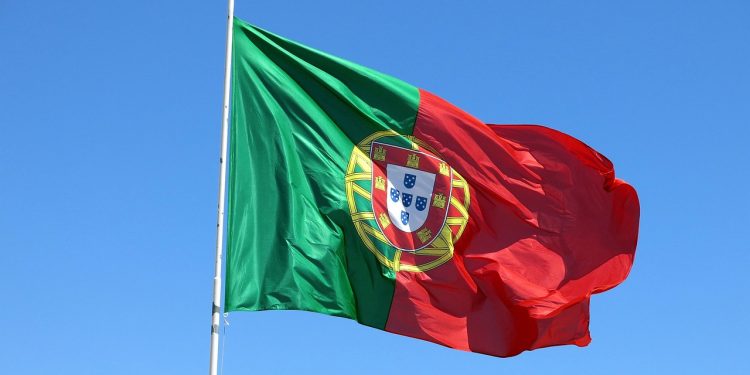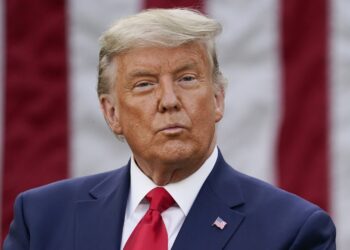Portugal’s centre-right government, led by Prime Minister Luís Montenegro, has announced it will begin consultations with political parties and President Marcelo Rebelo de Sousa on the possible recognition of a Palestinian state. Unlike Spain, Ireland, and Norway, which officially recognized Palestinian statehood in May 2024, Portugal has opted for a more cautious approach, seeking to align with a common EU position before making a final decision.
Montenegro stated that the process could conclude by the UN General Assembly in September 2024, where Portugal may formally announce its stance. This move follows France’s recent declaration under President Emmanuel Macron that it plans to recognize Palestine (the first major Western power to do so) amid growing international outrage over Israel’s war in Gaza.
Global Momentum Builds as Western Nations Reconsider Palestine Statehood
The push for Palestinian sovereignty has gained traction as Britain and Canada also signaled openness to recognition. Currently, 144 out of 193 UN member states, including Russia, China, and India, recognize Palestine as a state. However, within the European Union, only a few nations (mostly former Communist states, Sweden, and Cyprus) have taken this step.
The UN General Assembly first granted Palestine upgraded observer status in 2012, changing its designation from “entity” to “non-member state.” While symbolic, this move laid the groundwork for future diplomatic recognition.

Why Portugal’s Decision Matters in the EU
Portugal’s deliberations come at a critical juncture, with France leading Western Europe toward recognition and pressure mounting on other EU holdouts like Germany and Italy. A coordinated EU-wide position could significantly influence Middle East peace efforts, though divisions remain.
Montenegro emphasized that Portugal’s decision will be strategic and consensus-driven, reflecting both domestic political dynamics and international diplomatic trends. As Israel’s military campaign in Gaza continues to draw condemnation, the question of Palestinian statehood is becoming increasingly central to global geopolitics.

















